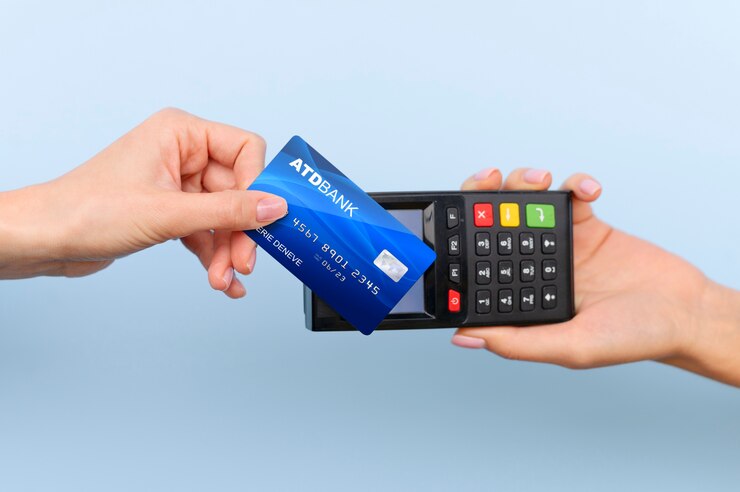Learn productive measures that can prevent credit card hacks!
Even with many of the precautions taken, credit card hacks are still a reason many individuals still lose money. That’s why it is important to know the varieties of scams so as to prevent you from being victimized and safeguard your valuables.

Do not forget the most popular focuses of credit card hacking techniques! To learn more, sit tight, and we shall guide you on how to do so.
Try not to open multiple cards for welcome bonuses.
Many credit cards offer attractive welcome bonuses when you open a new account, which makes some individuals apply for too many cards only to get these benefits.
Because there is manipulation and fraud in the issuance of this bonus, the term reversed “churning” credit card comes into play.
It is possible at a point of credit card use that rewards don’t translate into the purchases even if you use them.
Issuers almost always decide to rebate your cash advance benefits, shut your congruity, or deny you new applications.
Furthermore, you may lose a bonus reward if you delete a card within a year of registration.
Buying Gift Cards to Accumulate Rewards
Purchasing gift cards can be a tricky area. Depending on your issuer and where you buy them, the transaction may be classified as a regular purchase.
For instance, if you buy a $25 gift card at a grocery store that offers bonus points, you might earn those points.
However, if you do this frequently to boost your rewards, the issuer may view it as manipulation, leading to the loss of your points or even the closure of your account.
Furthermore, using gift cards means you forfeit the purchase protections offered by many credit cards.
Purchasing Prepaid Cards
Buying prepaid gift cards might seem like an easy way to earn rewards, especially if you plan to use them to pay your credit card bill. However, these transactions are often treated as cash advances, which can incur fees and interest that negate any benefits you expected.
Transfers Using Payment Apps
Apps like Venmo, PayPal, and CashApp allow you to link a credit card for payments. While this might seem like a simple way to accumulate rewards, it may not be as advantageous in practice.
These services typically charge a fee of around 3% for each credit card transaction, which can exceed the rewards you earn.
Additionally, your bank may classify these transactions as cash advances, meaning you won’t earn rewards and could face extra fees and immediate interest.
The 15/3 Strategy
A common tactic to improve your credit score is the 15/3 strategy, which suggests paying your credit card bill twice a month.
The idea is to pay half the balance 15 days before the due date and the remaining amount three days before.
Many people believe this leads to more on-time payments, thereby improving their credit score.
However, this is a misconception. Credit card issuers generally report only one payment per month, so you won’t see the expected boost in your score.
While this method can help lower your credit utilization, you can achieve similar results with just one monthly payment.
What are the consequences?
Impact on your credit score
In case you decide to apply for a loan, lenders will evaluate your credit score.
This score is based on how much money you’ve borrowed, how many credit applications you’ve made, and whether you make payments on time.
Having many credit inquiries (like applying for several credit cards) in a short period or not paying on time can harm your score.
Overspending
To earn those appealing frequent flyer points, credit cards typically require you to meet a minimum spending threshold—around $2000 or $3000 in the first few months.
Therefore, it’s advisable to start slowly and avoid opening too many cards at once; opening just two might mean you need to spend $6000 in a few months to receive any rewards.
Risk of debt
Like any financial product, it is very important to understand the terms and conditions of a credit card before signing up.
You should always keep track of your card details and know when payments are due and if there are any annual fees.
If you found this information useful, we suggest you read our article about how to choose the best cashback credit card.
